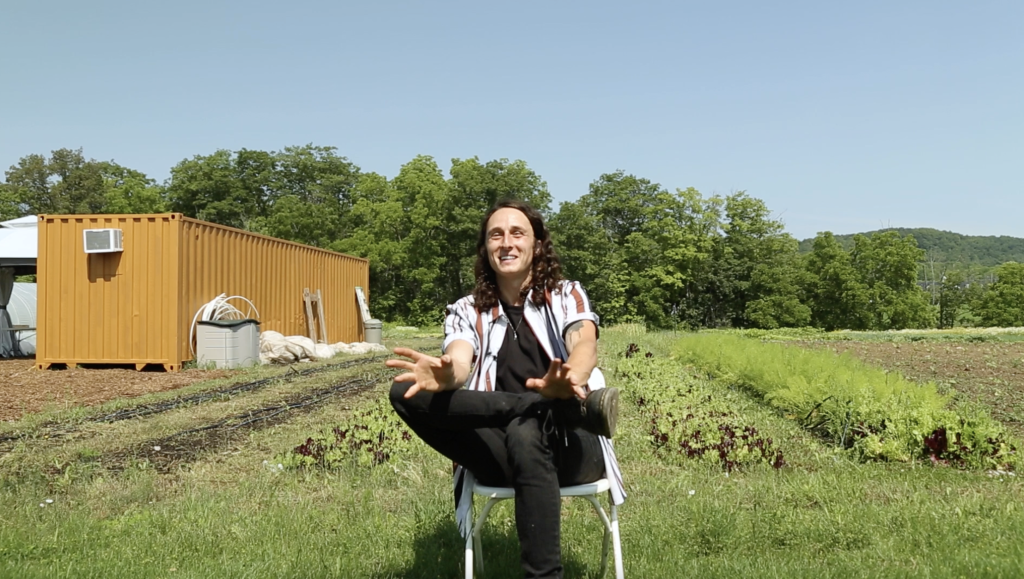Here’s What’s Happening with Airbnb in Mississauga
Published December 5, 2017 at 5:44 pm

It’s no secret that short-term accommodation services such as Airbnb have been controversial. Although the service has been incredibly useful and convenient for homeowners and vacationers alike, there have been some hiccups–namely Airbnb and other rentals turning into wild party houses that the city couldn’t control.
After months of discussions, however, it appears that Airbnb and short-term accommodations are here to stay in Mississauga–with some accompanying regulations.
The City of Mississauga recently announced that a staff report presented to the Planning and Development Committee “recommends amendments to the zoning bylaw to regulate short-term accommodations (STAs) in the City.”
In short, the recommendations include allowing STAs in all dwelling types that function as primary residences (meaning all home types, including condos that do not explicitly forbid short-term rentals), albeit subject to conditions.
Prior to making the announcement, the city spent months soliciting feedback from the public on their thoughts on STAs. The report presented to the city also includes responses gleaned from an online survey and public consultation process.
Mississauga’s zoning bylaw currently does not prohibit STAs, so they’ve been able to thrive and function undeterred during the debate process. According to the city, Council directed enforcement staff to further examine STAs in Mississauga, consult with stakeholders and recommend options for regulatory control.
So, what are the proposed amendments:
- Define short-term accommodation as the use of all or part of a dwelling unit, used by the owner or leaseholder as their principal residence, for temporary overnight accommodation for 28 days or less;
- Define a principal residence according to the Income Tax Act;
- Permit STAs in all principal residences in the City of Mississauga, in all types of residential units for 28 days or less; and
- Require a minor variance or rezoning application to permit an STA in a dwelling that is not a principal residence. This will allow condominium boards, neighbours and property managers to comment on the application and City departments to evaluate the request. If a minor variance application is submitted, the Committee of Adjustment can impose conditions of approval including time limits.
The report also cites that similar regulations have been proposed in Toronto and Vancouver and are already in place in such major U.S. cities as New York City, Philadelphia, Portland and San Francisco.
For those concerned about the proliferation of “party houses,” the usual recourse is available. As anyone who has fielded a noise complaint no doubt knows, there are existing bylaws in place to address nuisance concerns that may be related to STAs. Under these bylaws, city staff can respond to complaints as they arise.
“The proposed amendments to the Zoning By-law represent a balanced approach to regulating short-term accommodations in Mississauga,” said Ed Sajecki, commissioner, Planning and Building. “They clarify how residents can share their principal residences with others, while limiting the potential impacts on housing availability and affordability. They also provide some additional protection to buildings and neighbourhoods.”
In other big news, the city is considering the possibility of taxing short-term rentals–which makes sense when considering the fact that Mississauga recently approved in principle the implementation of a four per cent hotel tax.
Staff will present the proposed zoning bylaw amendments to council for approval in early 2018.
The Enforcement Division will report to General Committee on a possible registry or licensing regime for short-term accommodations to “reduce the potential for nuisance impacts in buildings and neighbourhoods.”
insauga's Editorial Standards and Policies advertising






